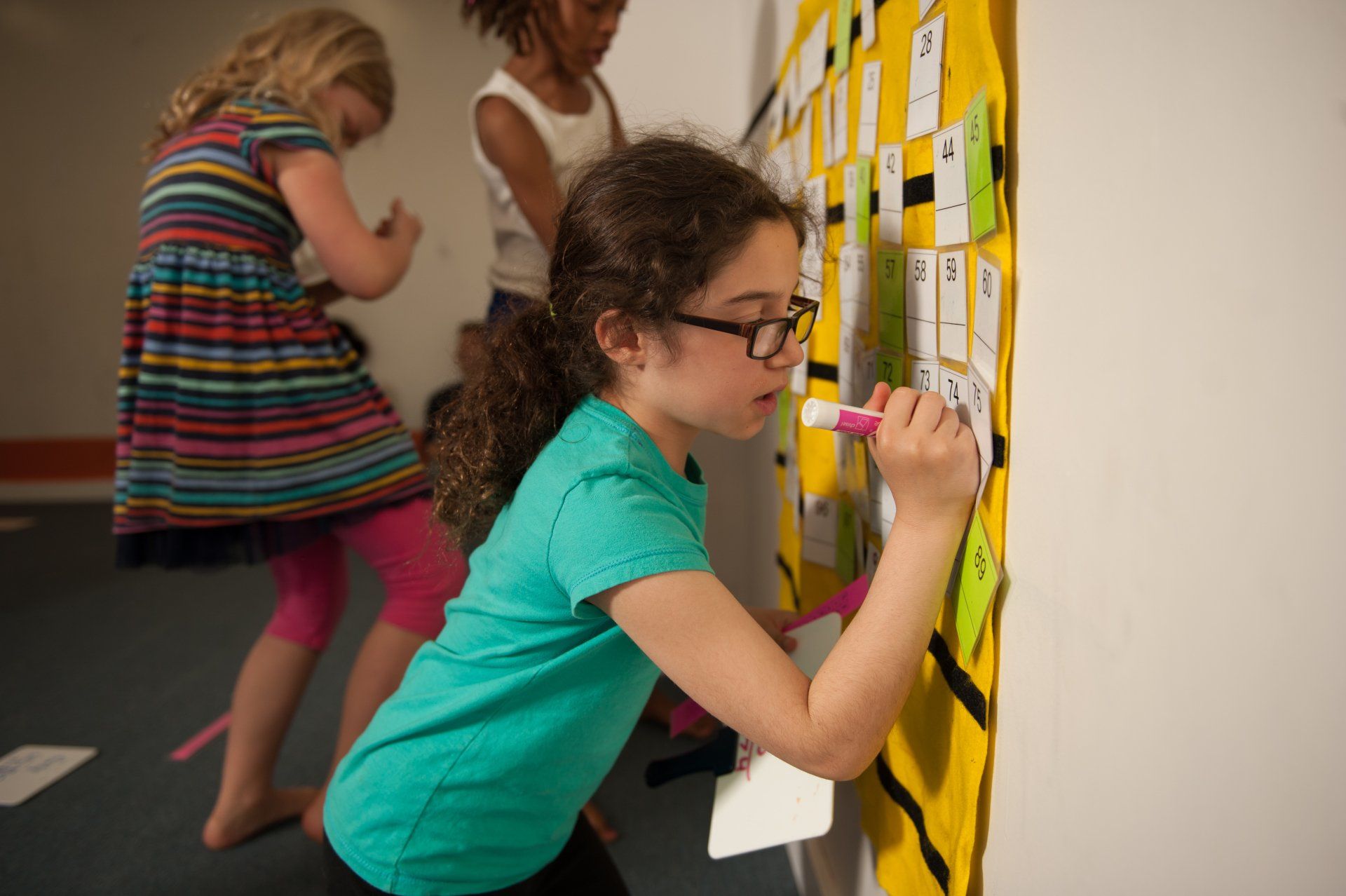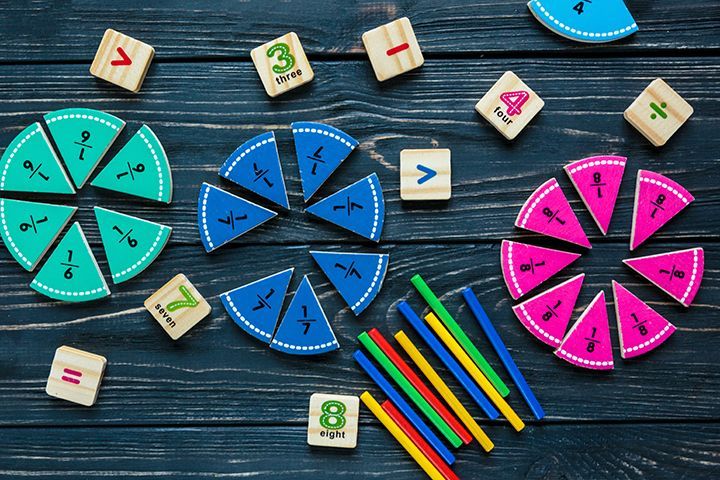by Angela McIver, PhD
It’s been more than a year since U.S. schools closed and children were relegated to remote learning from their bedrooms and kitchen tables. And, while much attention has been given to what students have lost, little attention is given to what has been gained. If there is one thing the pandemic has taught us, it’s that education models can no longer be based on a one-size-fits all approach. As educators move to re-open schools, School Boards across the country must use what they’ve learned to encourage Districts to reimagine schooling for every student.

What We’ve Learned
We’ve learned that an 8-hour school day–or even a requirement that students attend school in person every day–is no longer the only learning model for success. A well-thought asynchronous learning program provides opportunities for schools to reduce class size and provide more focused instruction for all students. This is not the hybrid model of the pandemic–where some students viewed their teacher on their computers from home while others were attending face-to-face learning. This would be a new and improved hybrid model where students are divided into cohorts with some students working independently from home while their counterparts receive intensive small-group instruction at school. This reimagined
“flipped classroom” can be most impactful for high schools in large urban school districts where class size is untenable and student need is high.
We’ve learned that technology can provide access to rigorous coursework like Advanced Placement and International Baccalaureate courses to students whose home schools do not provide these opportunities. Creating highly engaging remote classrooms can bring these classes to any student who wants them. In large urban school districts, re-imagining school can mean creating learning hubs that serve many schools. State-of-the-art science and computer labs with classrooms can be housed in regionally designed learning centers with students logging in remotely for lectures, and venturing to their regional learning center for labs. No longer do students (or teachers for that matter) need to be tied to a particular school.
We’ve learned that distance education has given children with learning difficulties opportunities to learn without classroom interactions that can be extremely stressful. Parents of students with anxiety disorders and attention deficit/hyperactivity disorder have
reported
that their children have thrived and gained confidence during virtual learning. Anecdotal data also suggests that many of these students would benefit from some form of distance learning when schools reopen. Examining these models and how they have been successful in accommodating students with different learning needs should be a major factor in driving decisions in the upcoming school year.
We’ve learned that there are large disparities in resources and opportunity for well-resourced school districts and their less-resourced counterparts. While much of this inequity is structural and requires an overhaul in how schools are funded, there are ways that large urban districts can use lessons from the pandemic to get closer to parity.
There is an emphasis on getting back to the way we were, but I argue that we should be moving toward something better. Doing so will mean considering what students and teachers have gained during the past year and imagining something bold. Students from districts that are willing to think creatively and commit to being transformative will benefit most from a post-pandemic school environment. The most successful districts will be bold and fearless in creating better schools for all.










